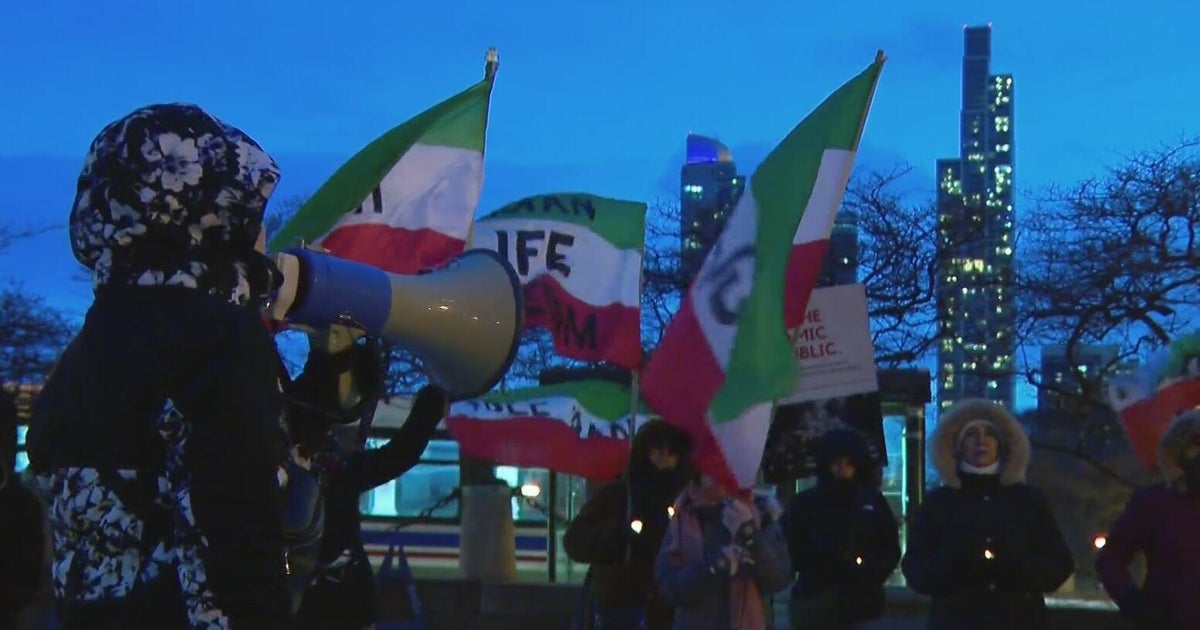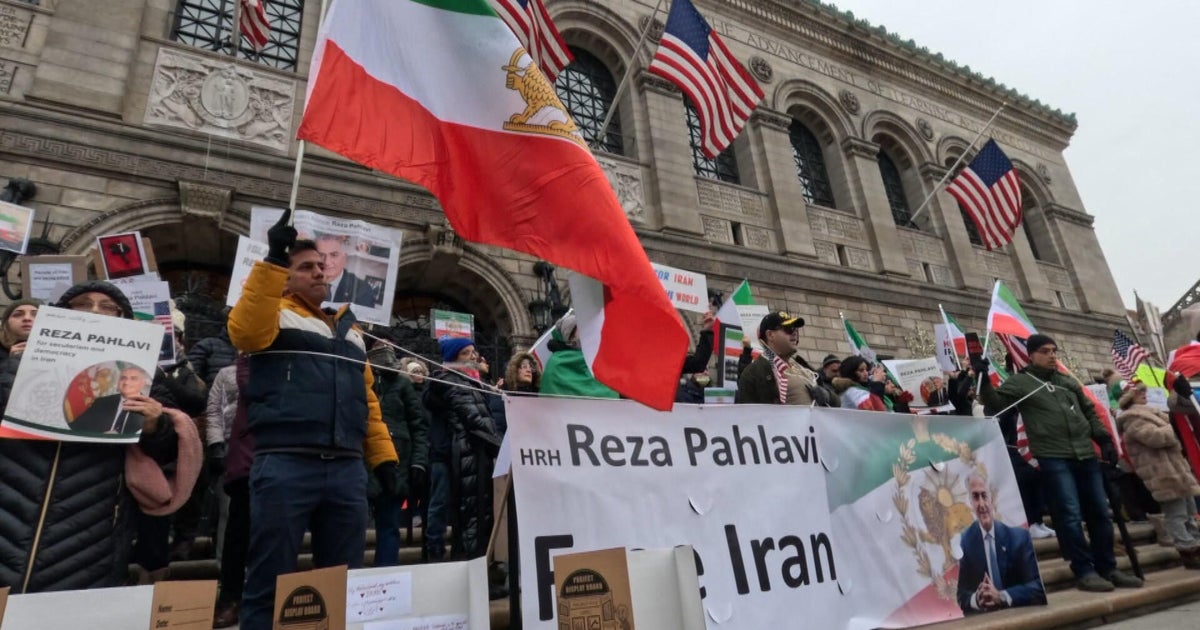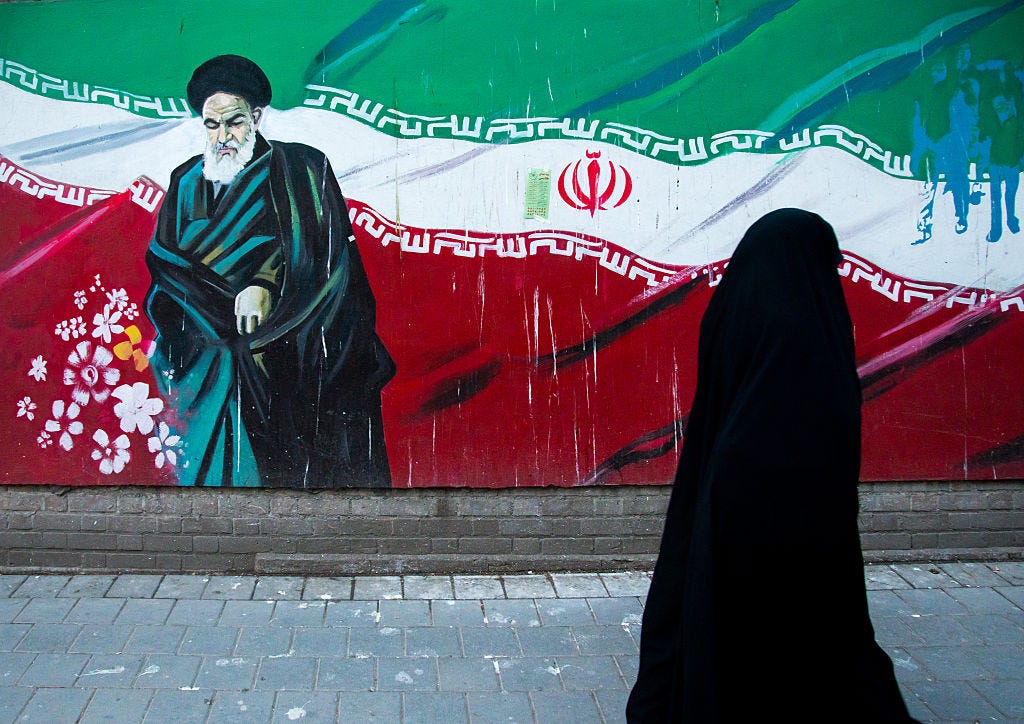Iran starts producing uranium metal, upping pressure on Biden in nuclear standoff
Iran has started producing uranium metal, the United Nations nuclear watchdog agency said Wednesday, in a fresh breach of the limits laid out in Tehran's 2015 nuclear deal with world powers. The latest violation of the deal, which is aimed at preventing Tehran from developing nuclear weapons, came as Iran warned that time was running out for President Joe Biden's administration to save the agreement.
The Vienna-based International Atomic Energy Agency (IAEA) said in a report obtained by CBS News United Nations' reporter Pamela Falk that on February 8, it verified 3.6 grams of uranium metal "had been produced" at Iran's Fuel Plate Fabrication Plant in Esfahan.
IAEA director general Rafael Grossi informed member states of the new violation, the statement added.
The news had been expected after Iran said last month it was researching uranium metal production, aiming to provide advanced fuel for a research reactor in Tehran. The topic is sensitive, however, because uranium metal can be used as a component in nuclear weapons. It would need about 500 grams [a little over a pound] of uranium metal to use for a nuclear weapon core, however, so at 3.6 grams, it was still far from that level.
The landmark nuclear deal — reached in 2015 by the United States, China, Russia, Germany, France and Britain — contained a 15-year ban on "producing or acquiring plutonium or uranium metals or their alloys."
The deal says that after 10 years, Iran would have been allowed to initiate research on producing uranium metal-based fuel "in small agreed quantities," but only if the other parties had given approval.
The new violation comes a month after Iran announced it had stepped up its uranium enrichment process to 20% purity, far above the 3.67% level permitted by the deal but far below the amount required for an atomic bomb. Nuclear weapons require uranium enriched to about 90%, but even 20%-enriched material is considered a much closer step toward weapons-grade uranium as the process to go from that level to 90% is less arduous than going from around 4% to 20%.
Naysan Rafati, senior Iran analyst at the International Crisis Group think tank, told CBS News' Falk last month that following on Tehran's decision to raise enrichment to 20%, the move toward uranium metal production "definitely underscores the importance of reversing Iran's [nuclear accord] breaches and defusing a non-proliferation crisis that's slowly built up since 2019."
Nuclear deal faceoff
Former President Donald Trump unilaterally withdrew the U.S. from the nuclear deal with Iran in 2018. President Biden and his top national security aides have outlined their intention to re-enter the pact, but so far they've insisted that Iran first return to compliance.
With both sides refusing to budge and insisting the other move first, Falk said that achieving a breakthrough now appears more difficult than it was even in November, when Mr. Biden was elected.
"If they want Iran to return to its commitments... the United States must entirely lift the sanctions, in practice and not on paper," Iran's supreme leader Ali Khamenei said on Sunday.
When Mr. Biden was asked later that day by CBS Evening News anchor Norah O'Donnell whether he would halt sanctions to convince Iran to return to the bargaining table, he offered a clear reply: "No."
On Wednesday, Iranian Foreign Minister Mohammad Javad Zarif said that, "with the new administration in Washington, there is an opportunity to try a new approach, but the current window is fleeting."
"Soon my government will be compelled to take further remedial action in response to the American and European dismal failure to live up to their commitments under the nuclear deal," Zarif said in a YouTube video marking the 42nd anniversary of the Islamic revolution.





